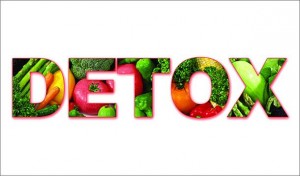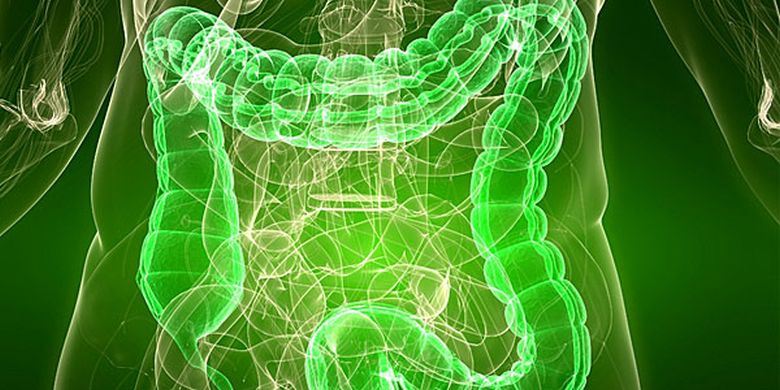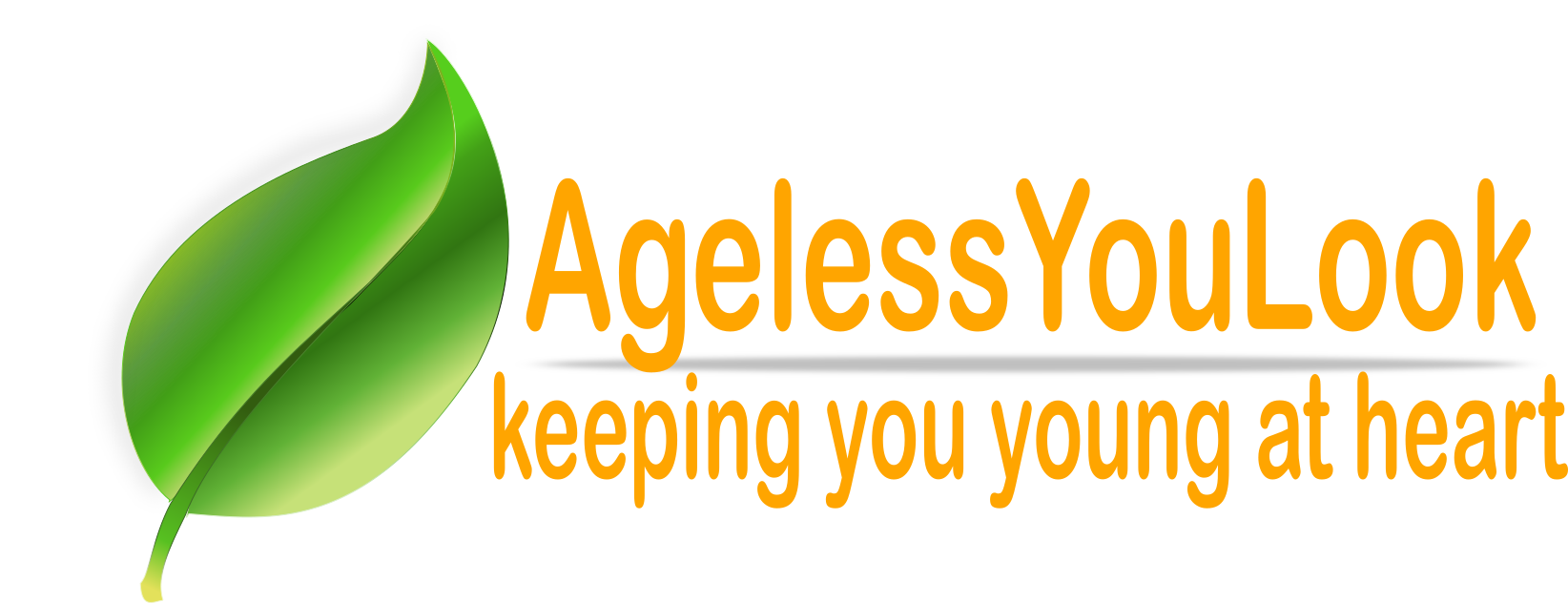Healthy Detox Diet
 What is a rapid detox diet? What can it do for me? Is it safe? What are the benefits? These are the key questions you should ask yourself before you begin a so called ‘Rapid Detox Diet’
What is a rapid detox diet? What can it do for me? Is it safe? What are the benefits? These are the key questions you should ask yourself before you begin a so called ‘Rapid Detox Diet’
What is it? There are so many references when you do an internet search it is confusing what to make of it all. The consensus seems to be that the detoxification diet works to periodically clear “toxic waste” from our bodies so we can maintain a healthy body and mind. The build-up of wastes in the body can be caused by many factors including – our environment, poor diets, pollution, a lifetime of poor body maintenance etc.
The theory is that if we allow these toxins to accumulate in our systems then they can have many negative side effects including:-
- Gaining and maintaining to much weight,
- Bloating,
- Headaches,
- Dull skin,
- Cellulite,
- Fatigue,
- Aches and pains,
- General lack of wellbeing.
“A toxin is usually defined as a chemical or poison that is known to have harmful effects on the body.”
The claims for the benefits of a ‘Healthy Detox Diet’ are many and various depending on where you read the information. However, the general theme around these diets are that they can have the following beneficial outcomes:-
- Rapid weight loss,
- Improved digestion,
- Improved hair, nails and skin,
- Improved energy levels,
- Boosting your immune system,
- Reduction in cellulite.
You would be hard pressed to find a website or magazine article that doesn’t think that detoxing is a good idea.
So how do you do a Healthy Detox Diet The majority of detox diets suggest that anywhere between one day and one month is a suitable time period. The implication being that the long you can sustain this regimen then more of the benefits will be achieved.
Most detox diets involve fasting for short periods of time, consuming only fruit and vegetables, drastically cutting down on wheat and dairy products and consuming only a limited range of foods and sadly avoiding caffeine and alcohol altogether!
The types of foods allowed in a detox diet are vary greatly depending on which one you follow, most include fruit, vegetables, beans, nuts, seeds, herbal teas and large amounts of water. Wheat and dairy products, meat, fish, eggs, caffeine, alcohol, salt, sugar and processed foods are normally not allowed.
Vitamin and mineral supplements are often promoted with a detox diet, along with herbal supplements to help the “purification” process. Milk thistle is one of the most popular herbal supplements, which contains a compound called silymarin, believed to enhance liver regeneration and promote its detoxification function. Clinical trials are inconclusive, but the extract is well tolerated by the body and the antioxidant properties may be beneficial, although not in a “detox” sense.
Flaxseeds and psyllium husks are also frequently recommended. Constipation is one of the effects of spending a period of time on a detox programme, so the addition of any type of fibre into the diet is important, and both of these foods do have a laxative effect.
Most forms of detox diet involve some type of fast, with only liquids allowed during that time, which is followed by the gradual introduction of certain foods. You are encouraged to chew your food thoroughly, drink very little while eating and relax prior to each meal.
The Pros
The majority of detox diets promoted across most media sources (Internet, magazines, TV etc.) do encourage good dietary habits such as eating more fruit and vegetables, drinking more water, and cutting back on caffeine, alcohol, high-sugar and high-fat foods. Any diet which encourages people to be aware of what they are eating, and to cut down on junk food and processed foods, is all for the good.
The Cons
 One of the key issues with detox diets is that they may lead to a diet which is very short of essential nutrients. Any weight you may lose is temporary, due to a loss of water and severe kilojoule restriction. This can be pretty demoralising when the weight is rapidly put back on. Some people also experience side effects like headaches, fatigue and nausea, which is normally explained away as the result of the body detoxifying, when in reality it’s caused by the lack of food. The lack of food makes these diets difficult to maintain – alternatives that may have the same benefits but are less severe are Alternate Day Fasting and the 5:2 Diet.
One of the key issues with detox diets is that they may lead to a diet which is very short of essential nutrients. Any weight you may lose is temporary, due to a loss of water and severe kilojoule restriction. This can be pretty demoralising when the weight is rapidly put back on. Some people also experience side effects like headaches, fatigue and nausea, which is normally explained away as the result of the body detoxifying, when in reality it’s caused by the lack of food. The lack of food makes these diets difficult to maintain – alternatives that may have the same benefits but are less severe are Alternate Day Fasting and the 5:2 Diet.
Speaking Personally!!!
My take on a healthy detox diet is maybe a twice a year “spring clean” as long as you have no existing health problems, or if you’re not sure get your Doctors OK first. There is so much research “out there” on the anti aging benefits of a healthy detox diet. So why not give it a go.
